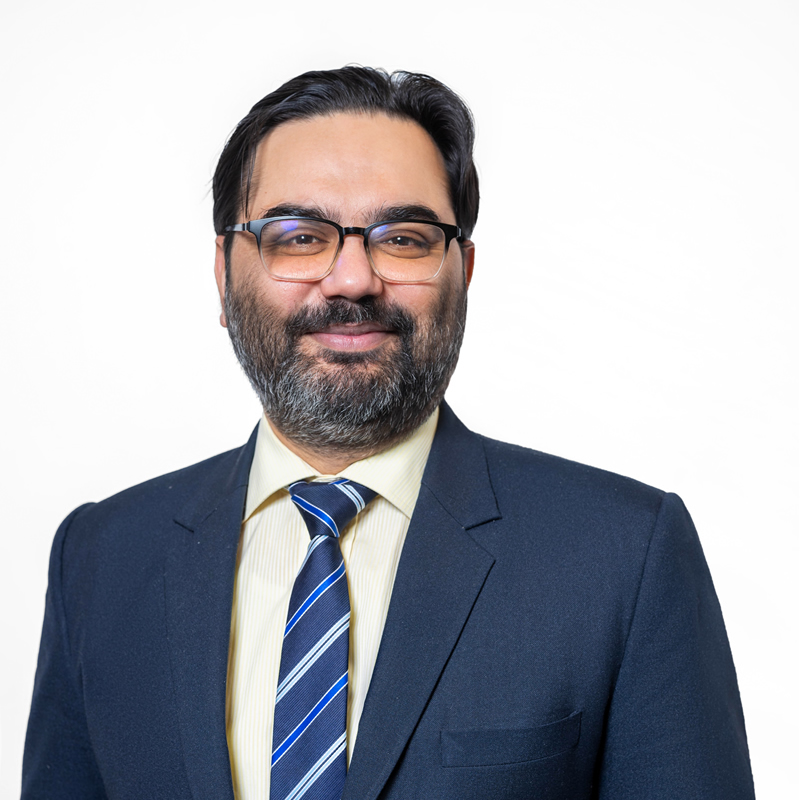- Suite 319, 11420 – 27 Street, SE Calgary, Alberta Canada T2Z 3R6
Preet brings an impressive 15 years of combined administrative and legal expertise to our firm. He holds a bachelor’s degree in Engineering, a master’s in Business Administration, a Diploma in Forensic Science and a Bachelor of Law, showcasing his diverse and comprehensive educational background.
His academic pursuits in Engineering provided him with a strong foundation in technical problem-solving and analytical thinking, while by obtaining a degree in Business Administration, he developed a keen understanding of management principles, organizational behavior, and strategic decision-making. Furthermore, his degree in Law equipped him with a profound knowledge of legal principles, critical thinking skills, and the ability to navigate complex regulatory environments. This unique combination of expertise across multiple disciplines enables him to approach challenges from various perspectives and contribute valuable insights in interdisciplinary contexts.
Before moving to Canada, he accrued over a decade of experience with a provincial government in his home country, India, where he gained invaluable practical expertise and honed his skills in a fast-paced and dynamic environment.
Upon relocating to Canada, Preet embraced various roles to assimilate into the Canadian work culture, while simultaneously undertaking the rigorous preparation for and successfully completing the National Committee on Accreditation (NCA) exams. He was formally called to the Alberta Bar in 2024, following the completion of his articles and the Canadian Centre for Professional Legal Education (CPLED) program. His professional acumen, coupled with his empathy and compassion for clients, ensure exceptional legal representation. His diverse background and dedication to excellence make him an asset to our team, committed to delivering outstanding legal services and achieving the best outcome for clients.
Preet enjoys badminton, volleyball and cricket, and quality family time. He also finds peace through voluntary service at a religious institution.


If one really wishes to know how justice is administered in a country, one does not question the policemen, the lawyers, the judges, or the protected members of the middle class.
Jacqueline Bretell3If one really wishes to know how justice is administered in a country, one does not question the policemen, the lawyers, the judges, or the protected members of the middle class.
Jacqueline Bretell2
If one really wishes to know how justice is administered in a country, one does not question the policemen, the lawyers, the judges, or the protected members of the middle class.
Jacqueline Bretell